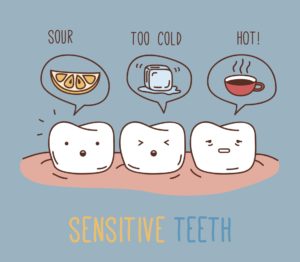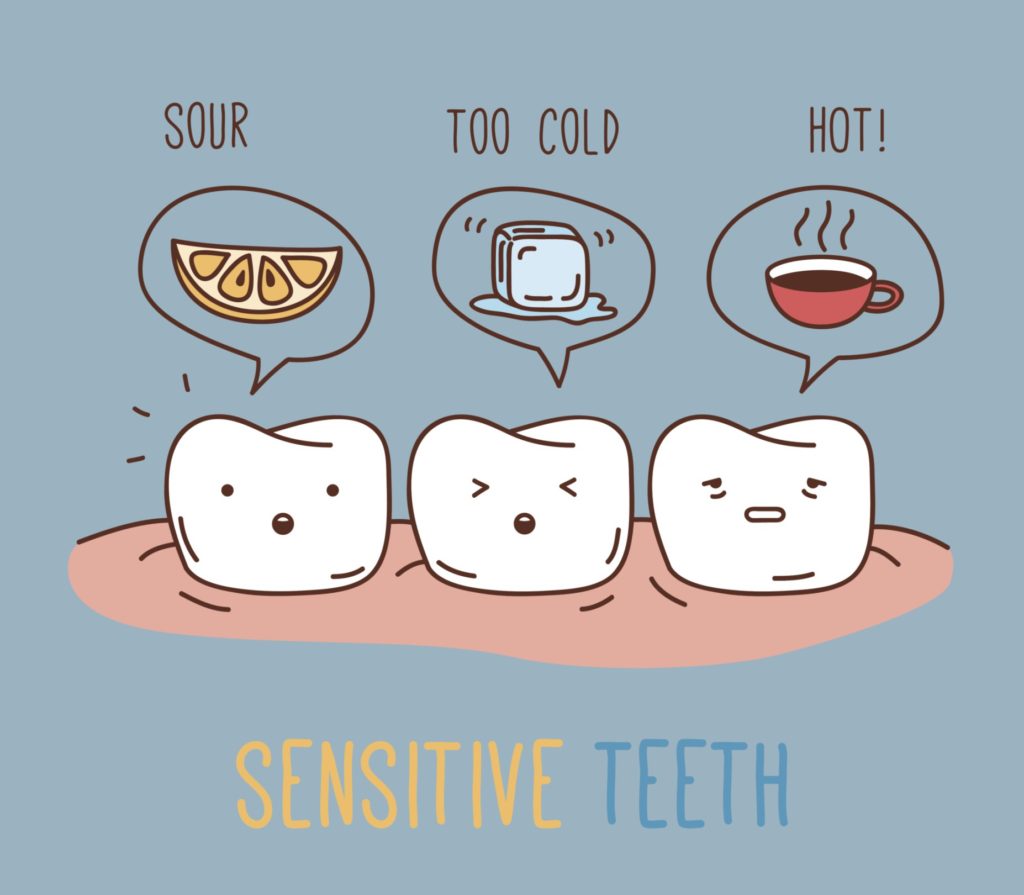While you might think that a toothache indicates that you have a cavity, there are additional reasons for having this problem. If you are experiencing pain in a tooth, then visit your dentist right away for an examination to avoid any additional discomfort. There are six other reasons for having pain in a tooth, but your dentist can determine what the problem is to plan the appropriate treatment.

Problem 1: Having Gingivitis
If you have gingivitis, then your gums may bleed, and you will have chronic pain. It is likely that you have an extensive infection in your mouth when you have gingivitis, but you can undergo a dental abscess treatment that involves eliminating the pathogens that are in your soft gums and alveolar bones.
Problem 2: A Cracked Tooth
An injury to a tooth can lead to cracked enamel that exposes the pulp and nerves to air, water and food. If a tooth is cracked, then it requires an immediate repair with bonding materials, sealants or a dental crown.
Problem 3: Worn Dental Enamel
When you have worn dental enamel, your teeth can become more sensitive, leading to pain while you eat cold or hot foods. A tooth sensitivity treatment can include applying specialized sealants to the teeth with the worn dental enamel so that beverages, food or the air won’t cause any pain.
Problem 4: An Abscessed Tooth
If you have an abscessed tooth, then the pain is often excruciating, but a dentist can provide a dental abscess treatment. The process of a dental abscess treatment involves eliminating the infection with a procedure to scrape away the bacteria from the tooth and gums. In addition, you will probably need antibiotics to destroy any pathogens that remain in your oral tissues.
Problem 5: Damaged Fillings or Sealants
After a few years, dental sealants and fillings wear away, exposing your teeth to contamination that can lead to a toothache. A dentist can re-apply sealants or replace dental fillings in one office visit.
Problem 6: Exposed Dental Roots
If your gums are receding, then you may have exposed dental roots. This can lead to a toothache as food becomes trapped in the pockets around a tooth. When you aren’t diligent about brushing your teeth, you can also develop an infection in the gum tissue. The best tooth sensitivity treatment for exposed dental roots is having gum surgery to repair the dental pockets.


